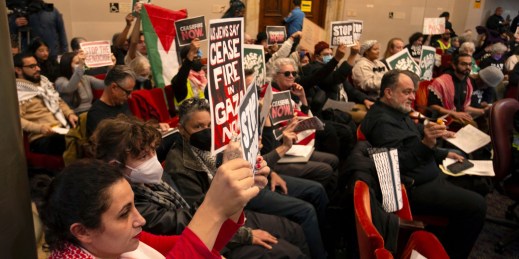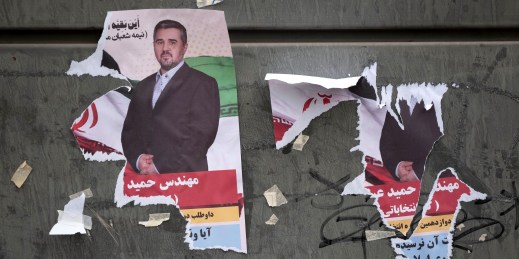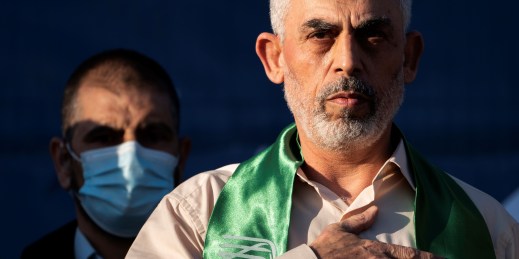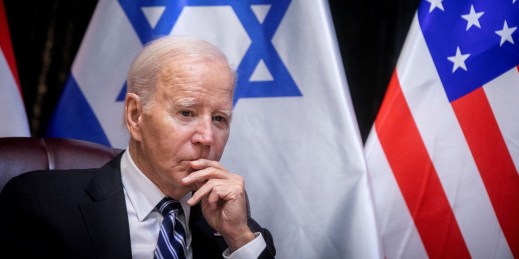
While an exit by U.S. forces from Syria and Iraq is unlikely in the near term, it also seems inevitable. That raises the questions of why U.S. forces are still in both countries. Despite the fraught politics around withdrawal in Washington, it’s time policymakers start thinking about how best to bring those troops home.






